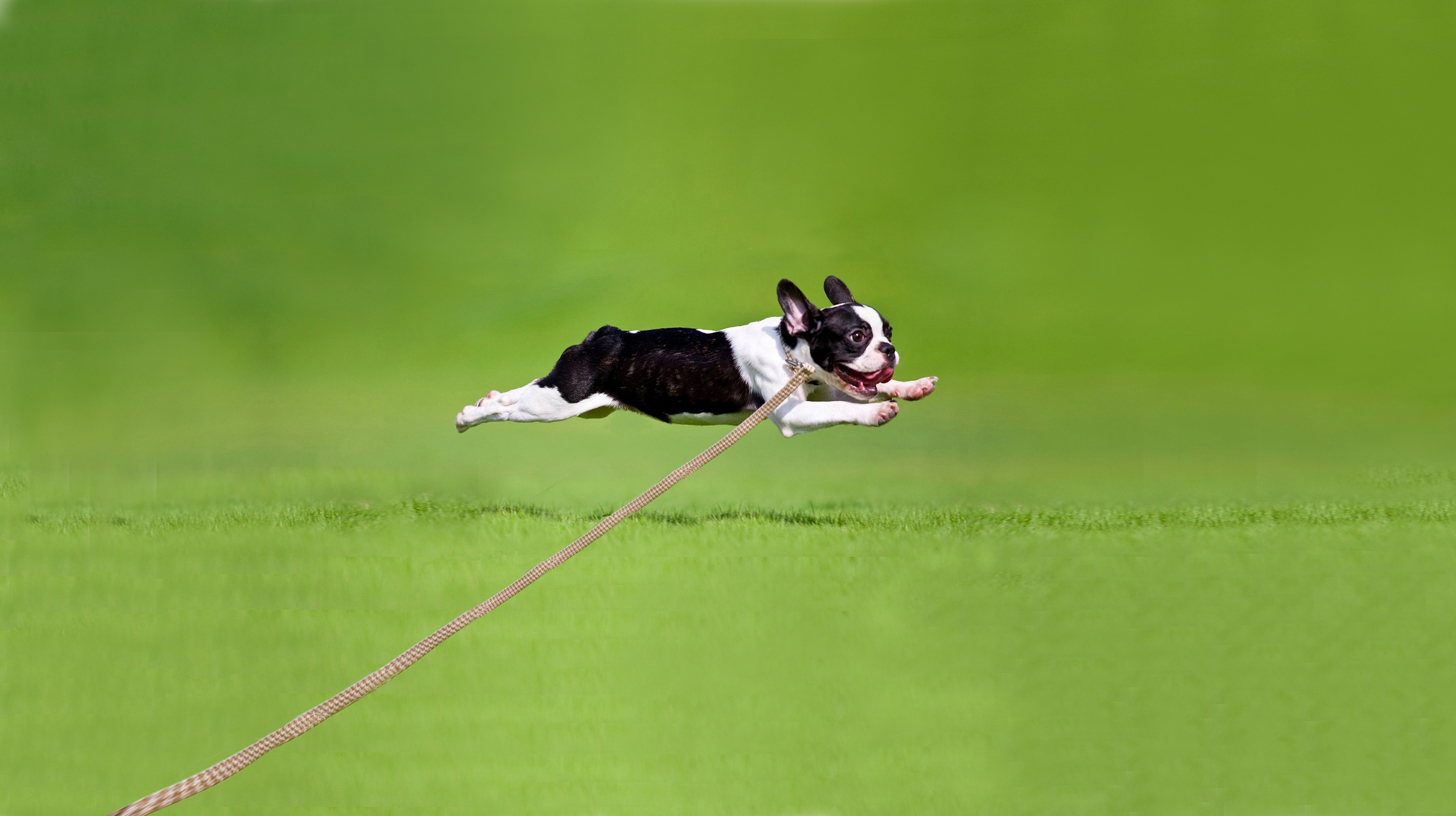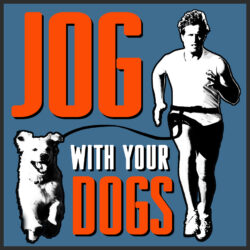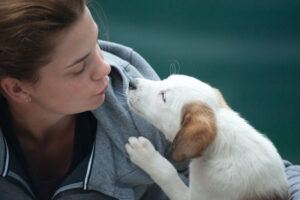
When I get home my dog is so glad to see me that she almost falls over trying to greet me. It’s a much warmer greeting than from the humans in the house! Is this unconditional love –or is she just thinking “Yay, the guy that feeds me is back! More food?”
We love our dogs and it’s great to feel the love is returned, but have you ever wondered why our dogs love us so much, and is it purely food motivated?
The love hormone: oxytocin
There’s a lot of evidence that the bonding dogs and humans experience goes way beyond being solely food motivated.
For example, it’s known that oxytocin is released in a dog’s brain when they greet their owner. The same thing is said to happen between people, especially when mothers and newborns are forming a bond. This gives oxytocin the nickname “the love hormone”. This hormone is instrumental in creating the bond that’s shared between man and dog.
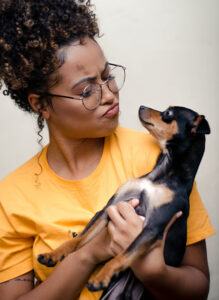 One study tried to measure the amount of oxytocin dogs and humans experience when in each other’s company. This study revolved around the practice of “mutual gazing” where the human and dog would gaze into each other’s eyes.
One study tried to measure the amount of oxytocin dogs and humans experience when in each other’s company. This study revolved around the practice of “mutual gazing” where the human and dog would gaze into each other’s eyes.
In this “mutual gazing” study, 30 pairs of dogs and their owners spent a half-hour in a room together interacting. Urine samples were taken before and after. The group that “mutually gazed” had oxytocin increases of 130% in dogs and 300% in humans. There was no increase in pairs that didn’t practice mutual gazing.
Is your odor lovable?
Anyone that has a dog knows that dogs rely on their sense of smell for almost everything. So it’s no surprise that when dogs have been tested by magnetic resonance imaging (MRI) scans, part of the dog’s brain lit up when they smelled their owner’s scent. These were nerve cells in the caudate nucleus, a part of the brain associated with motor function/movement and reward. Specifically, getting rewards by choosing actions that are likely to lead to a positive outcome. A positive outcome like rewards used in training. Thank you, Mr. Pavlov!
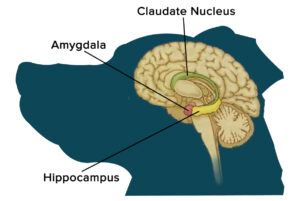
But given the choice between a human bond and a food bond? According to Clive Wynne, director of the Canine Science Collaboratory at Arizona State University, the reward center of the dog’s brain lights up for both food and the dog’s owner. Often, not always, but often the brain lights up more intensely for the owner.
Wynne describes an experiment by Gregory Berns, a dog psychology scientist. The study had dogs stand ten feet away from their owner and a bowl of food. More dogs chose the human than the food. Maybe they were just conditioned that the human gives them the food. Maybe they just liked the human better. Maybe they weren’t hungry.
Love baby talk?
Another study really surprised me. It explored the tonal qualities we use when talking to our dogs. This study found that the high pitched voice (baby talk) people use when talking to dogs is Ioved by the dog. When scientists compared the high-pitched “baby talk” used when talking to dogs, to a normal conversational tone, the baby talk won hands-down.
Most of us lapse into this kind of talk with our dogs. We correctly assume that the dog has the brainpower of a small child, and sense that if we change our tone it has some effect on the dog’s interest. But I often feel silly afterward. I feel the need to talk normal to them, more man-to-man or, man-to-dog. “Seen any good squirrels today?”
Signs your dog loves you
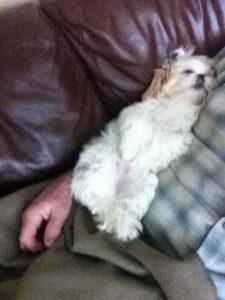 Does your dog lean against you while on the couch? This body contact expresses that they feel safe around you. Same thing if they sleep in your bed or bedroom. Some dogs are a little more independent but you will notice that they wander by the room you’re in to check on you. It’s the kind of thing a parent might do with a child.
Does your dog lean against you while on the couch? This body contact expresses that they feel safe around you. Same thing if they sleep in your bed or bedroom. Some dogs are a little more independent but you will notice that they wander by the room you’re in to check on you. It’s the kind of thing a parent might do with a child.
Does your pup lock eyes with you? This is very important in the afore-mentioned release of “the love hormone” oxytocin. This eye contact is also, very important in the communication of signals used in training.
Does your dog bring you their favorite toy? Sometimes this is a signal that they want to play. Sometimes it’s a tribute to you. They honor you by bringing you a treasured object. And sometimes their favorite treasure is your smelly sock.
Does your dog pee a little when you come home? This is called submissive urination and most common in puppies. This is a compliment that tells you they know you are the pack leader.
Conclusion
Science supports the idea that your relationship with your dog is based on more than just-food. I’m convinced that dogs have evolved to experience emotion for their owners. But, if you’re a dog person you already knew this. You knew that for some reason baby talk works with dogs. And that they’re with you on the couch because they like you – but the food helps.

